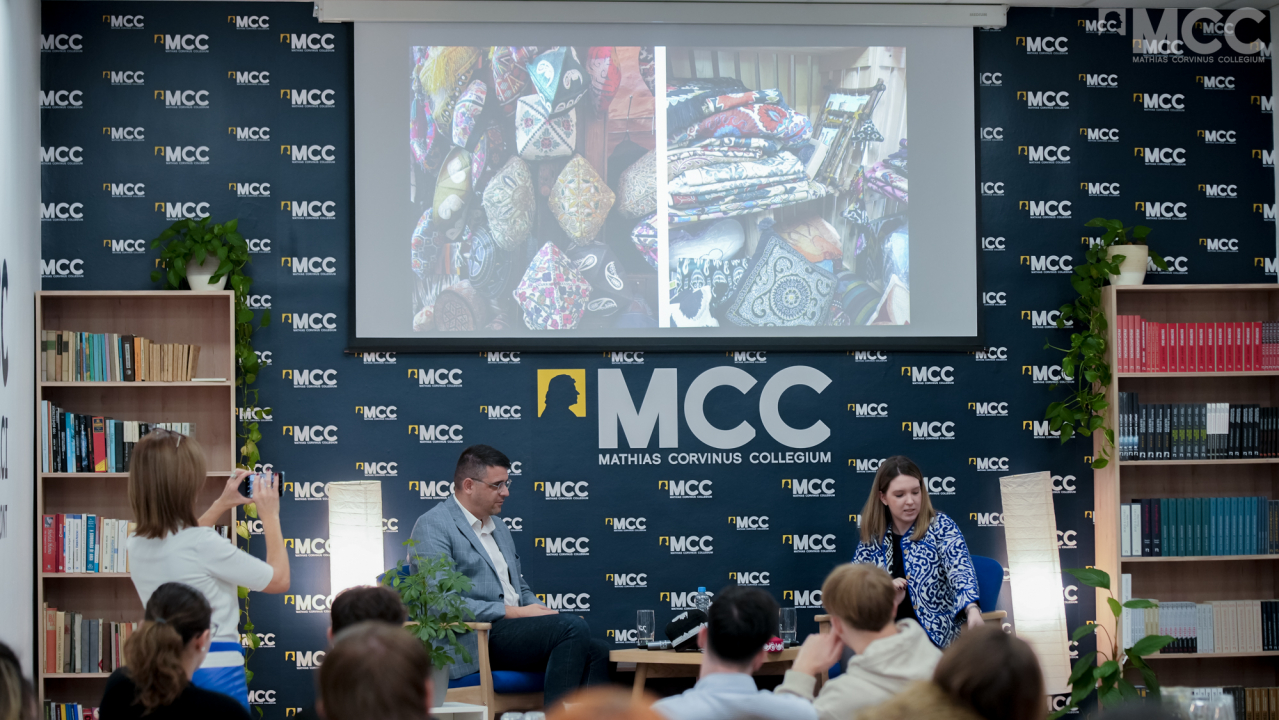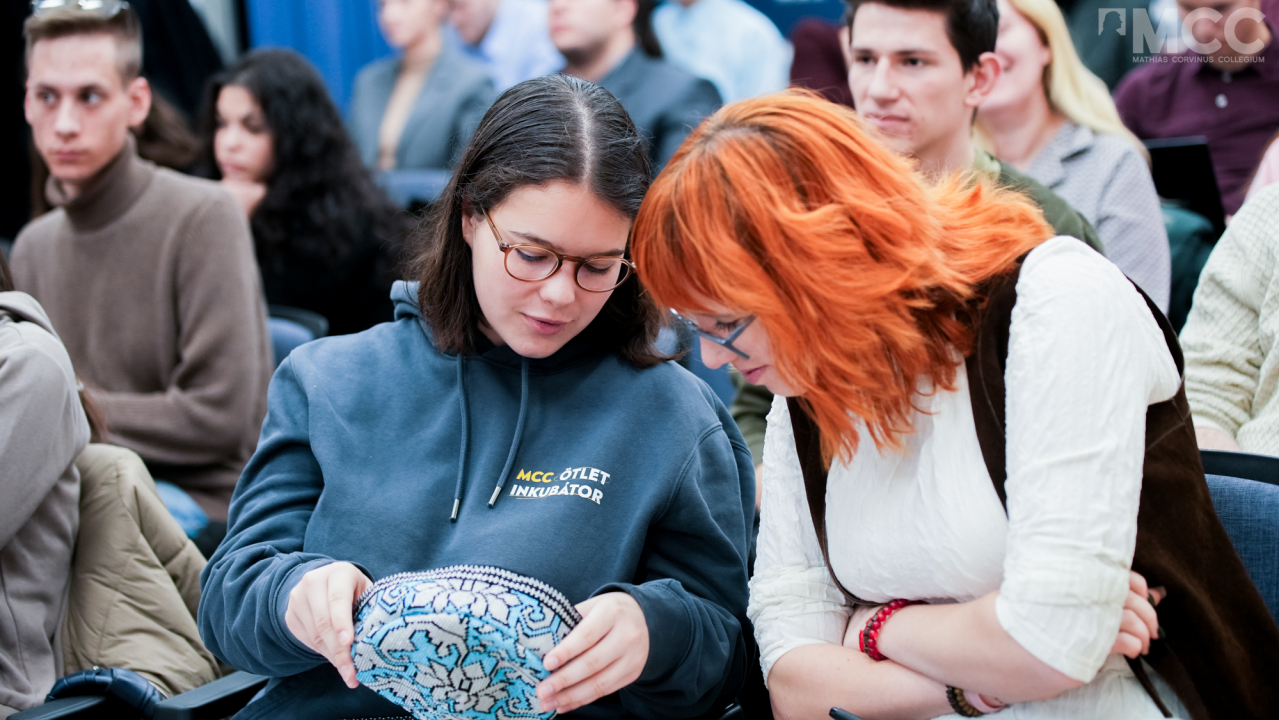Reading time: 3 minutes
In Central Asia, Hungarians are seen as friends, but they are also looking for opportunities to build relations with other European countries. We also talked about this with our guests, Mark Vargha and Blank Kovács Kovács, two analysts from the MCC Migration Research Institute, who have been in Central Asia - Uzbekistan and Tajikistan - to research migration trends and the water situation, as well as the growing Chinese influence.
Central Asian states are becoming increasingly important globally and for Hungary. Living under the squeeze of China, Russia and Iran, the countries face many challenges, but at the same time the region has huge development potential. The Migration Research Institute staff visited Central Asia for the first time in August 2022, and then had a second opportunity to conduct research in the region in October 2024. During their trip, they took part in meetings with the UN and its specialised agencies, as well as with governmental bodies.
Tajikistan and Uzbekistan have similarities, but there are also many differences between the two countries, said the researchers. These successor states of the Soviet Union are still searching for their true identity. Their political systems have undergone a complete transformation in recent decades, and since the mid-2010s they have started to open up to Western investment.
Central Asia is an increasingly valuable region, with unexplored treasures and minerals. Uzbekistan is under pressure from China, Russia and Iran. Historically, Russia has long dominated the region, but China has also recognised the potential of Central Asia, and Iran and the Gulf countries are investing more and more. Thanks to its "opening to the East" policy, Hungary has built up good relations with Central Asia in recent years, and economic and cultural ties between Hungary and the fast-growing region are steadily expanding. A Hungarian bank and several Hungarian agricultural companies have already opened business in Uzbekistan, but the Hungarian-Uzbek potato research center is one of the most interesting elements of the relationship between the two countries. The researchers themselves visited the center, where experts are working on how to introduce five Hungarian potato varieties.
In Uzbekistan, the Aral Sea has been a victim of a natural disaster in recent decades due to poor water management, with irrigation of agricultural land using up a lot of water and failing to replenish it. This is a major problem today, but also earthquakes and too many cars, which cause unbelievable levels of air pollution and smog. But, as the researchers said, the biggest fear today, apart from water shortages, is terrorism. Uzbeks are very afraid of illegal immigrants entering their country, but they are also afraid of what their citizens working abroad might experience in other countries.
Our guests also told us a lot about the Uzbek labour market situation, how they try to find jobs for the 500-700 thousand young people who enter the labour market every year, but also about their rich folk art and textile industry.
Tajikistan is a place for adventurous mountain climbers," the researchers said. It is home to the largest glacier in the Arctic and its high quality water is used for water management. The country is rich in hydroelectric power, gold and wind. Many people from Tajikistan also go to other countries to work and, we learnt, Tajikistan is one of the countries most dependent on remittances from migrant workers worldwide. It is a Silk Road country, well known for its herbal teas and spices, but a big challenge for them is the drug trade. They are certainly trying to curb this, but in some provinces, despite the ban, opium production has increased.
The panel discussion also touched on Central Asia's transport reform, religion, the incredibly rapid development in recent years and our guests ended the evening by encouraging everyone to travel to this region for what is a very exciting and unique experience for visitors!









